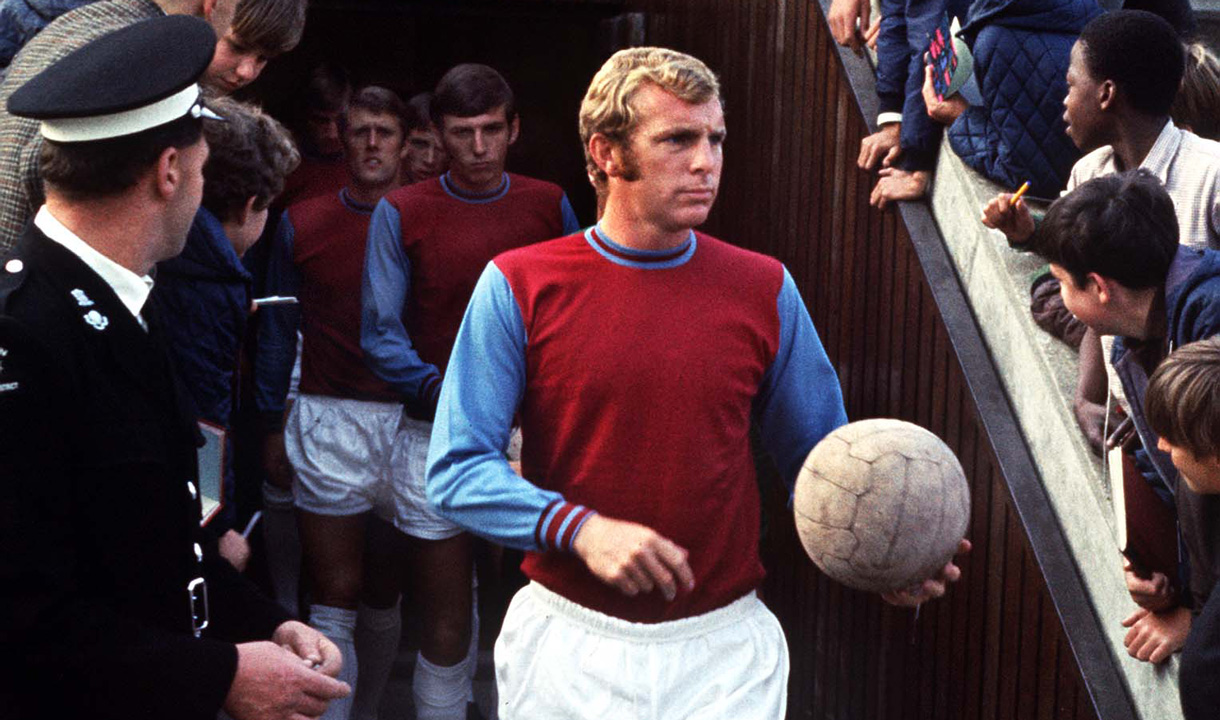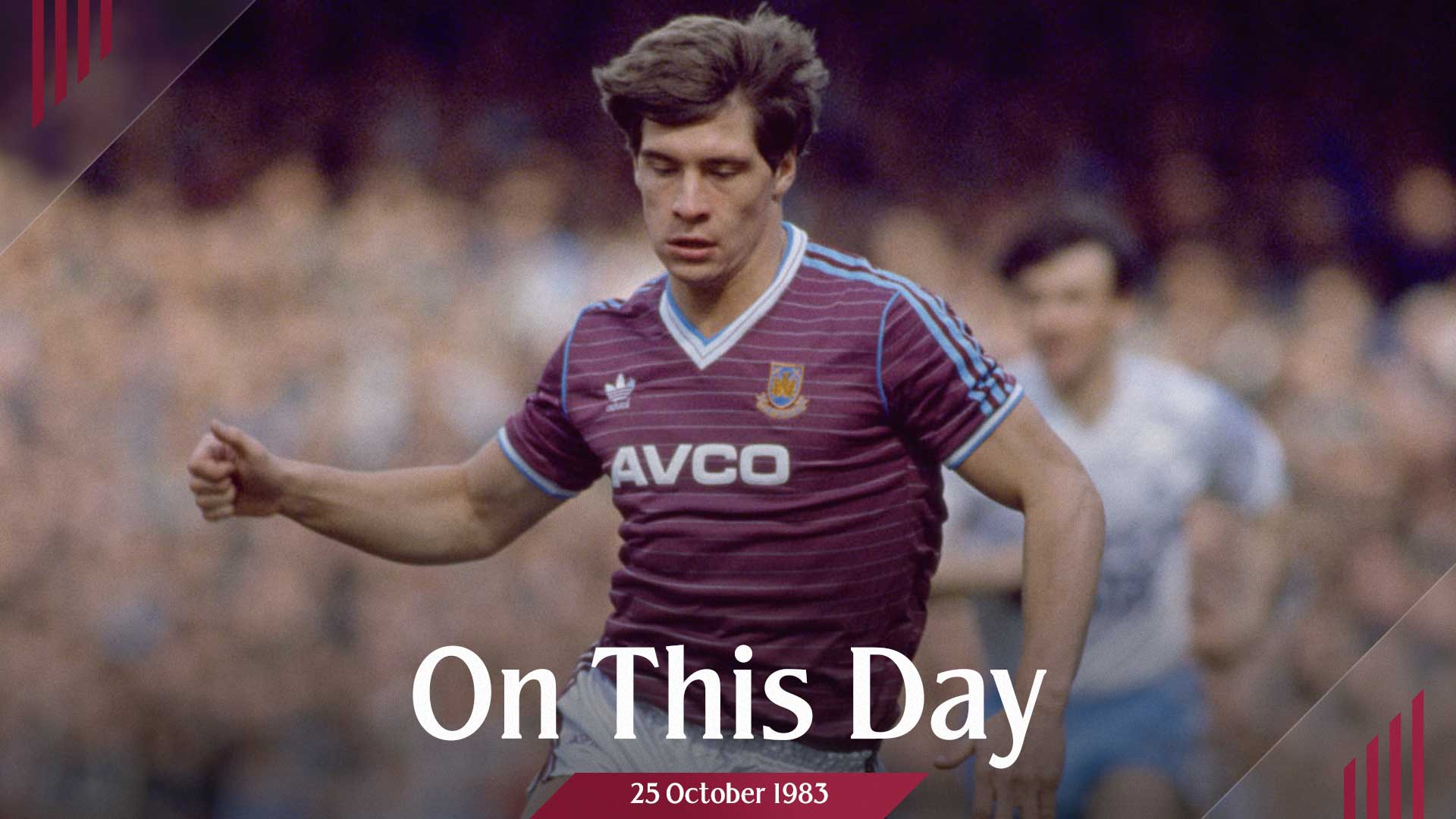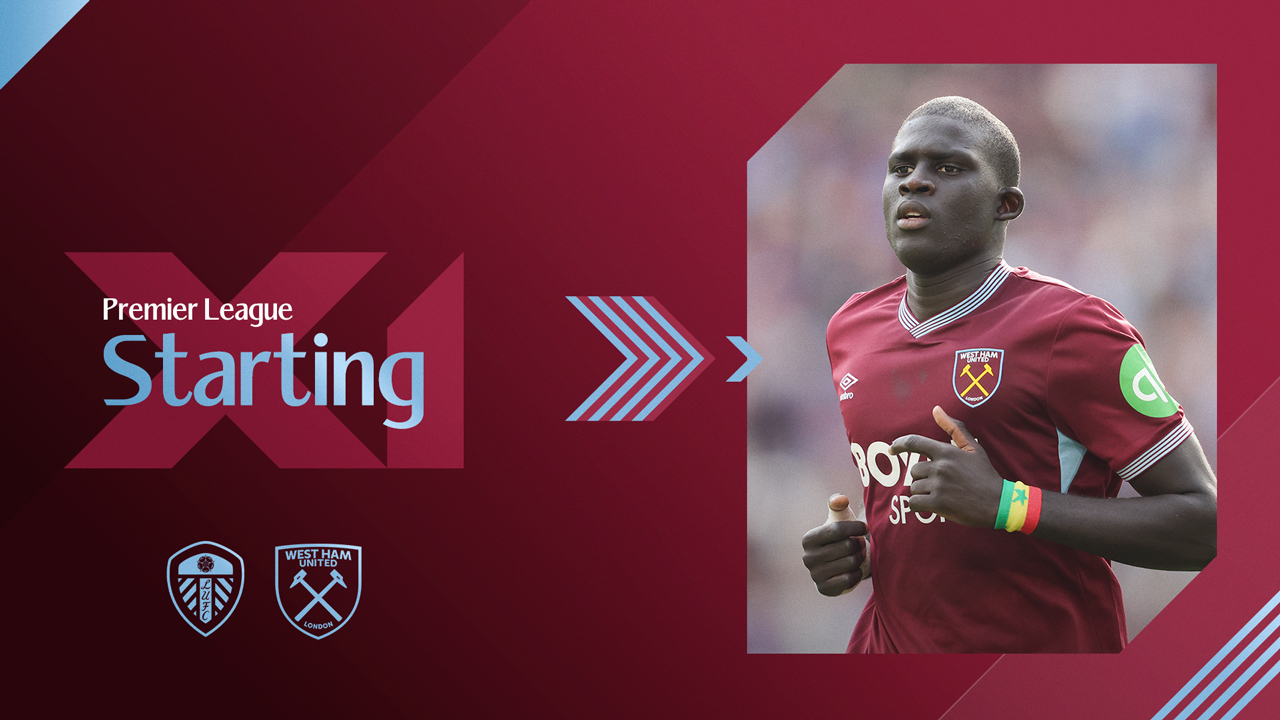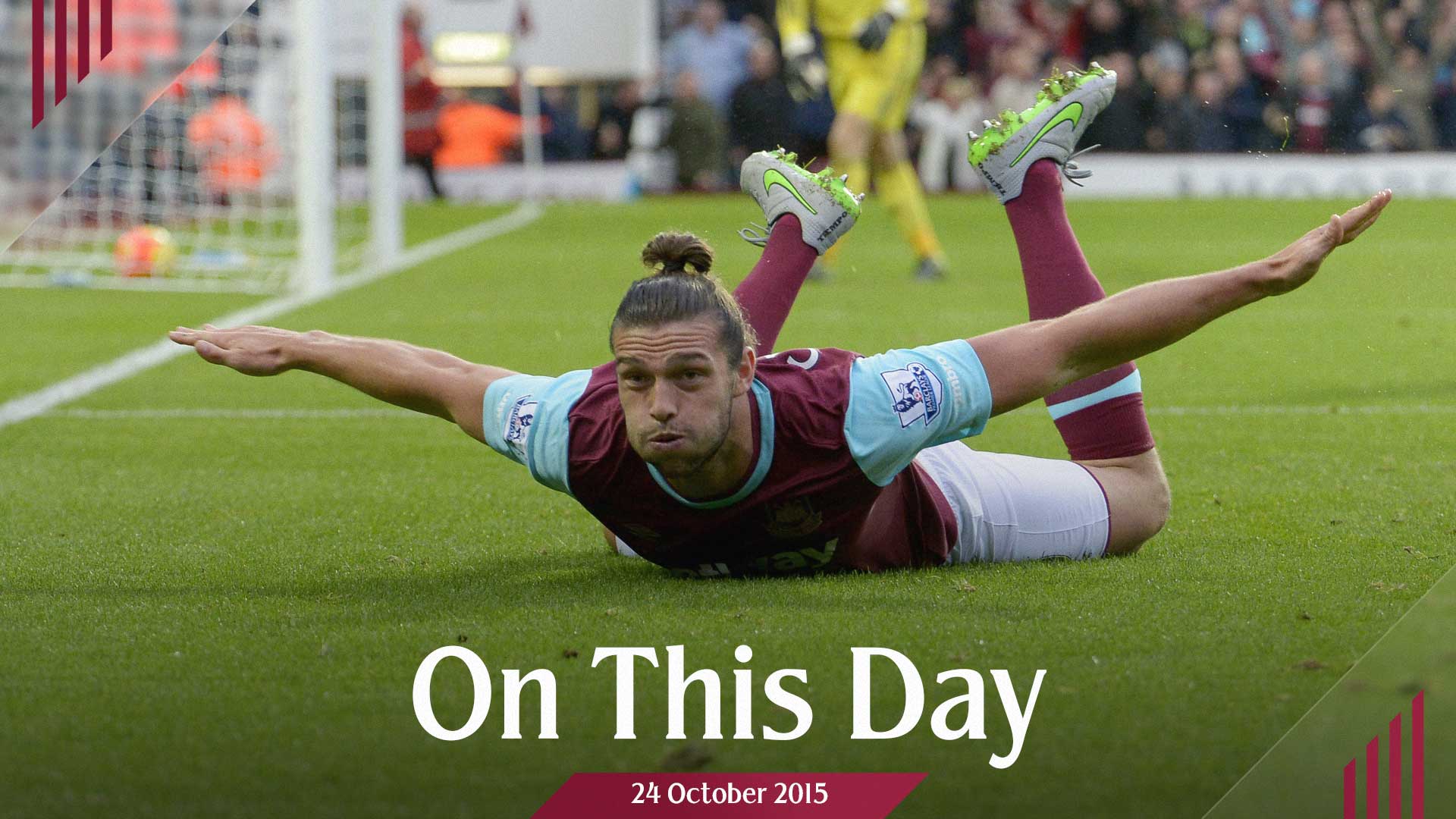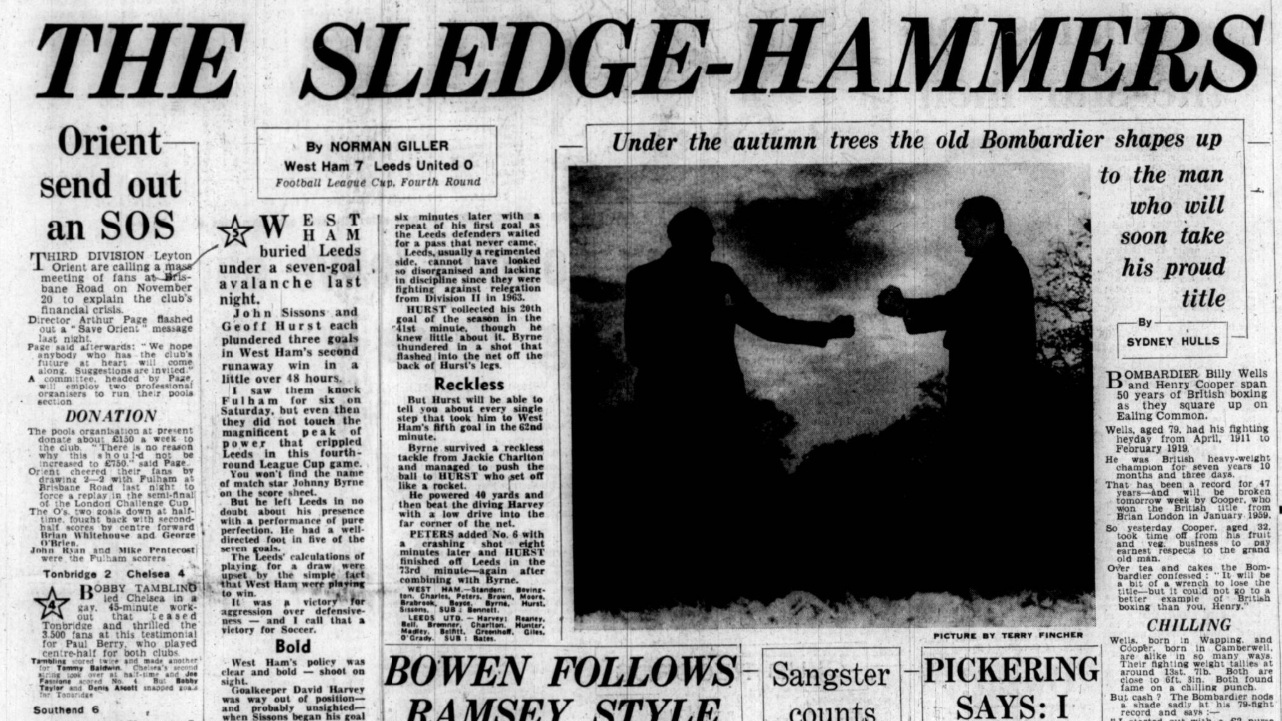Bobby Moore OBE, West Ham United’s greatest-ever player and England's 1966 FIFA World Cup-winning captain, passed away on this day, 24 February, in 1993.
The legendary centre-half made 646 league and cup appearances for the Hammers, scoring 27 goals and preventing hundreds more, across 16 seasons.
Born in Barking on 12 April 1941, Moore attended Westbury Primary School and Tom Hood School before joining the Academy of Football in 1956.
After excelling as a junior player, Moore made his first-team debut in Claret and Blue in a 3-2 win over Manchester United at the Boleyn Ground as a 17-year-old on 8 September 1958, replacing his mentor Malcolm Allison, who had been taken ill with tuberculosis. It was the start of a glittering career that is remembered fondly by football fans the world over.
After playing alongside Geoff Hurst in the 1959 FA Youth Cup final, Moore developed into one of the greatest defenders the world has ever seen under the guidance of visionary West Ham manager Ron Greenwood and his England counterpart Alf Ramsey.
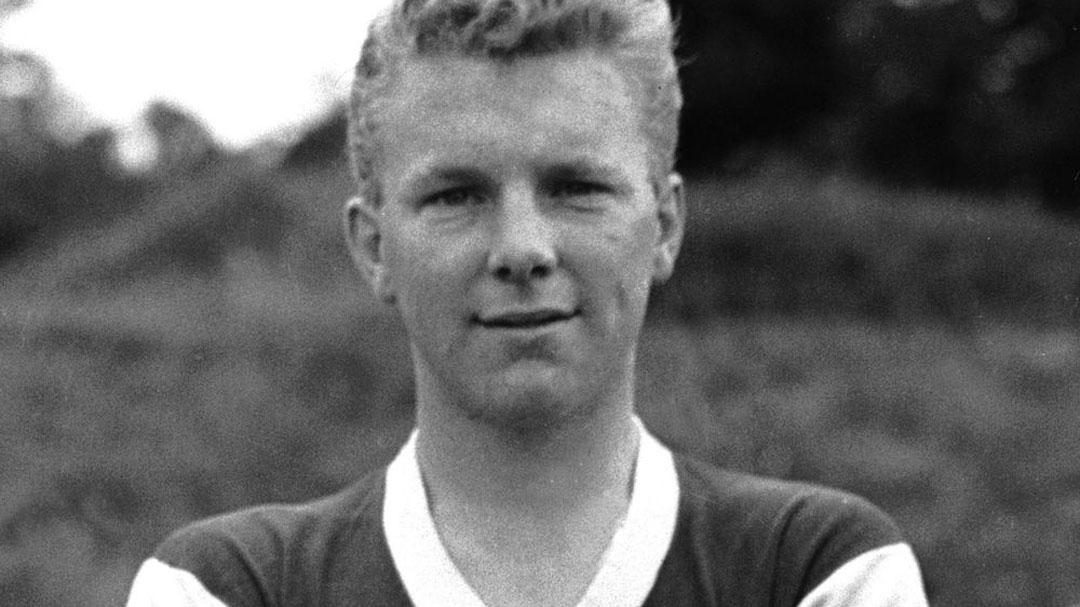
With Moore literally leading from the back, West Ham won the FA Cup in 1964 and the European Cup Winners' Cup in 1965. A year later, he was back at Wembley, alongside clubmates Hurst and Martin Peters, completing a unique hat-trick as Ramsey’s England defeated 4-2 West Germany in the World Cup final.
Even then, at the pinnacle of his career, the respectful, immaculate Moore wiped the dirt from his hands before shaking hands with Her Majesty Queen Elizabeth II and being presented with the Jules Rimet Trophy.
The iconic No6 hardly missed a game over the next seven-and-a-half seasons, helping the Hammers reach the League Cup semi-finals in 1967 and 1972, and finish a then joint record-high sixth in the old First Division in 1973.
Just the second player to reach 100 caps for his country after Billy Wright, Moore remained a regular for England too, starring at the 1970 World Cup finals in Mexico, where his battle with Brazilian greats Pelé and Jairzinho has gone down in football folklore.
Sadly, of course, both Queen Elizabeth II and Pelé have themselves passed away in recent months.
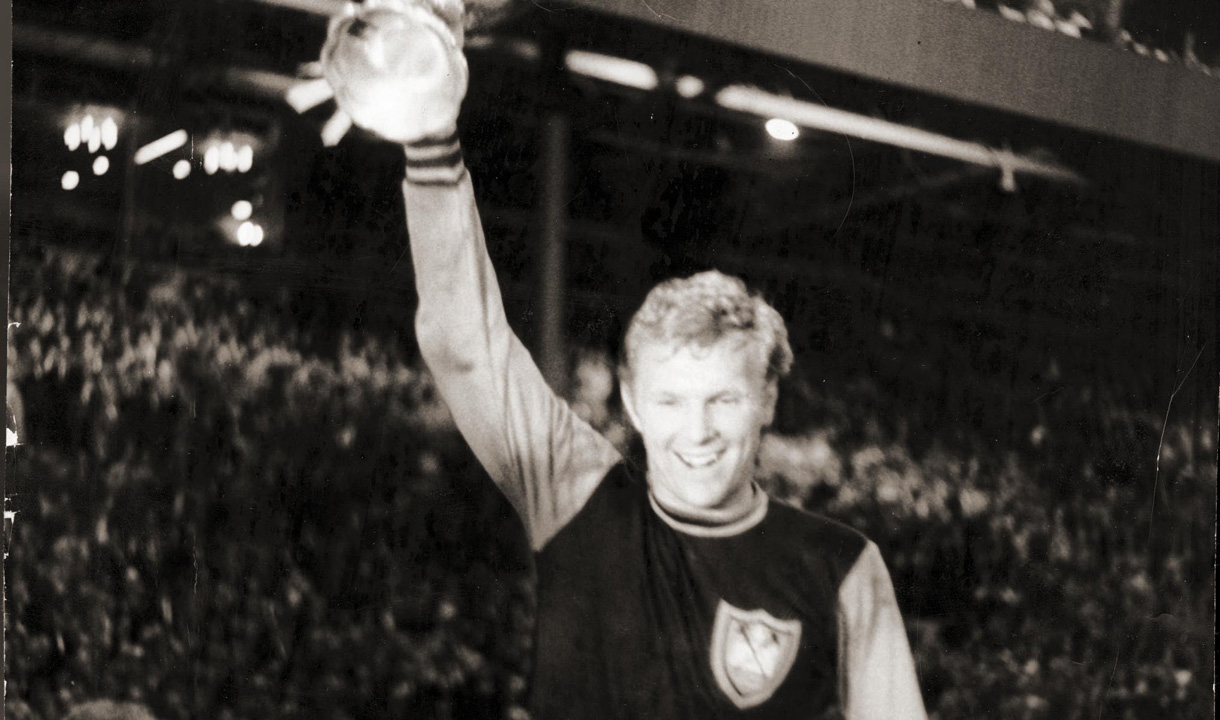
A four-time Hammer of the Year, Footballer of the Year and Sports Personality of the Year, Moore was made an OBE in 1967. In November 1970, the Boleyn Ground was full for his Testimonial match against Scottish club Celtic.
At the age of 32, Moore moved across London to Fulham in 1974. Fittingly, a little over a year later, he lined up for the Whites against the Hammers in the 1975 FA Cup final, which West Ham won 2-0.
After spells in the United States and Denmark, Moore hung up his boots in 1978.
Moore moved first into management, first working with Harry Redknapp at non-league Oxford City, at Hong Kong-based Eastern AA, then alongside another of his former West Ham teammates and long-time friends, Frank Lampard Senior, at Southend United.
After being employed by David Sullivan as sports editor of the Daily Sport newspaper, Moore joined London-based radio station Capital Gold as a football analyst and commentator.
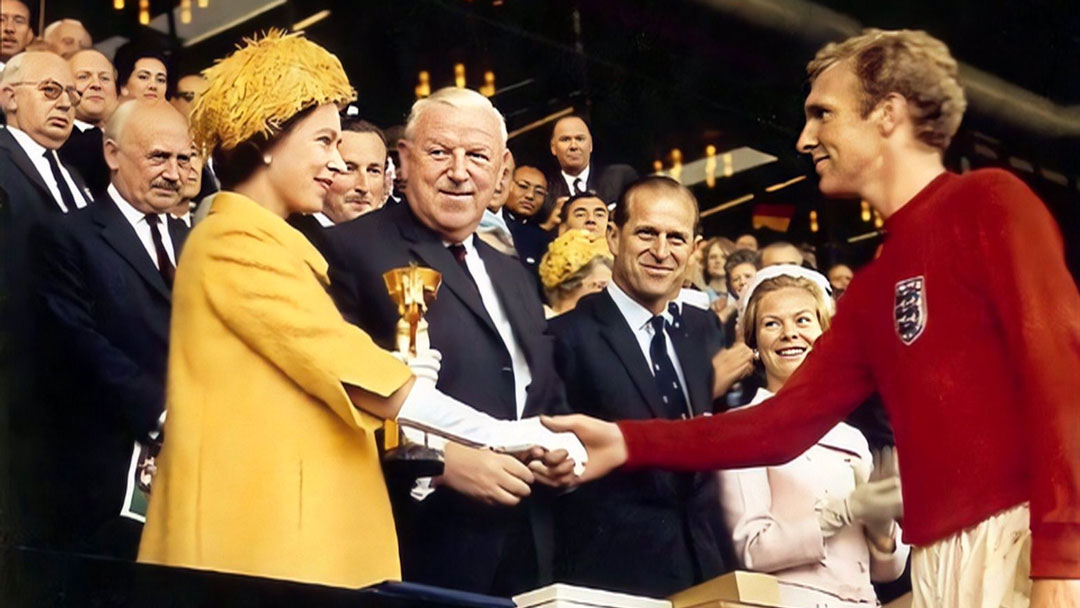
Tragically, Moore’s life was cut short by cancer, the same disease he had twice bravely beaten, on 24 February 1993. He was just 51.
The West Ham family and wider football world were united in grief. The Boleyn Ground was covered in scarves and shirts, while Hurst and Peters led the tributes paid at the Hammers’ next home game, a Second Division win over Wolverhampton Wanderers.
Three decades later, his legacy lives on, in the memories of the fans who saw him play, the minds of those who have been told about the man and the player, the statues unveiled outside the Boleyn Ground in 2003 and London Stadium in 2021, and the charities set up to fight the disease which took his life - the Bobby Moore Fund for Cancer Research UK - and to provide life-changing opportunities for youngsters across east London and Essex - the Moore Family Foundation.
Bobby Moore OBE. Never forgotten.
